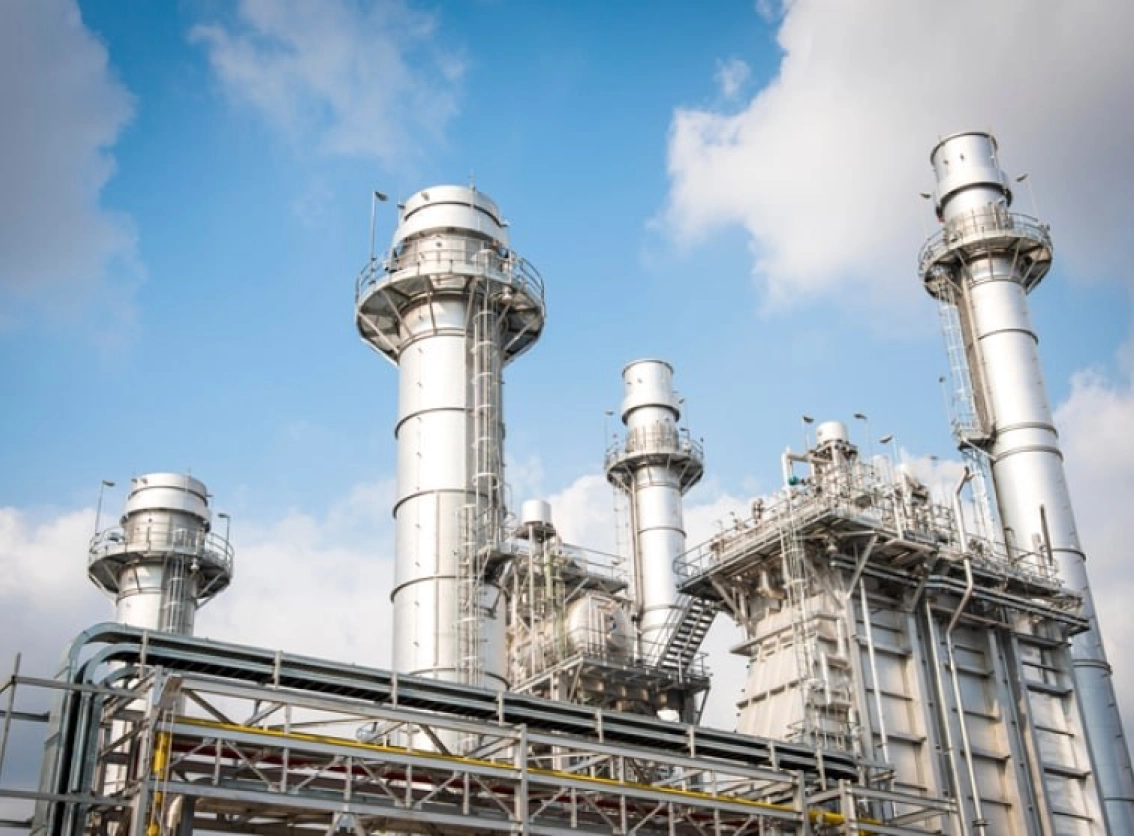Intelligent energy management
We offer a comprehensive approach to energy management and production that includes process optimization with the recovery and valorization of waste energy.
For 20 years, we’ve been working to optimize energy consumption, reduce costs and minimize environmental impact. We provide smart, innovative and comprehensive energy management solutions tailored to our clients’ unique needs.
We offer a comprehensive approach to energy management and production that includes process optimization with the recovery and valorization of waste energy.
Our mission is to significantly reduce greenhouse gas emissions (GHGs) from burning fossil fuels and to limit our clients' environmental impact.
Our comprehensive approach significantly reduces energy costs while improving operations. Up to 75% of your project costs can be subsidized.
Thanks to our proven energy management system, we help you reduce or eliminate greenhouse gas emissions (up to 100%).
We conduct an energy use assessment before designing and implementing an energy production system that delivers the right energy quality and intensity at the right time, ensuring guaranteed productivity gains.

We analyze and quantify your company's needs before recommending options for optimizing your energy consumption, industrial processes and building mechanics.

We implement, integrate and follow up on projects based on your organization's goals, progress and production environment.

We design energy recovery and distribution systems for industrial companies, municipalities and communities.

We create energy efficient solutions aligned with funding requirements to maximize opportunities. In Quebec, grants can cover up to 75% of project costs to support the transition to clean energy.

Whenever a client approaches us with a complex issue that has no pre-existing solution, or anytime a tech opportunity emerges on the market, we mobilize our team to find original, efficient and sustainable solutions.

We support large industrial companies in the comprehensive implementation of energy management programs leading to ISO 50001 certification.
With a focus on the industrial sector, we specialize in the following fields:
We analyze and quantify your company’s needs then recommend options to optimize your energy consumption, industrial processes and building mechanics.
We provide turnkey services, including the design and procurement of all energy management system components.
We hold a general contractor's licence and can supervise the entire installation process at client sites.
We deploy a data acquisition system that allows for heat energy production and recovery systems to be monitored remotely.

We owe our reputation to our diverse team and the wealth of experience we've gained working on over 100 studies and projects, from the initial assessment through to installation and post-implementation follow-ups.
Over the years, clients across industries have chosen to work with us for our reliable methodology and in-depth expertise.

As leaders in the energy efficiency field, we do a lot more than just address inefficient processes. We offer customized solutions to optimize all aspects of your operations and deliver significant, long-term efficiency gains through transformative upgrades.

We make sure our employees have the chance to grow while contributing to the company's success.

You can help drive change.
You can make a difference.

A different way of thinking